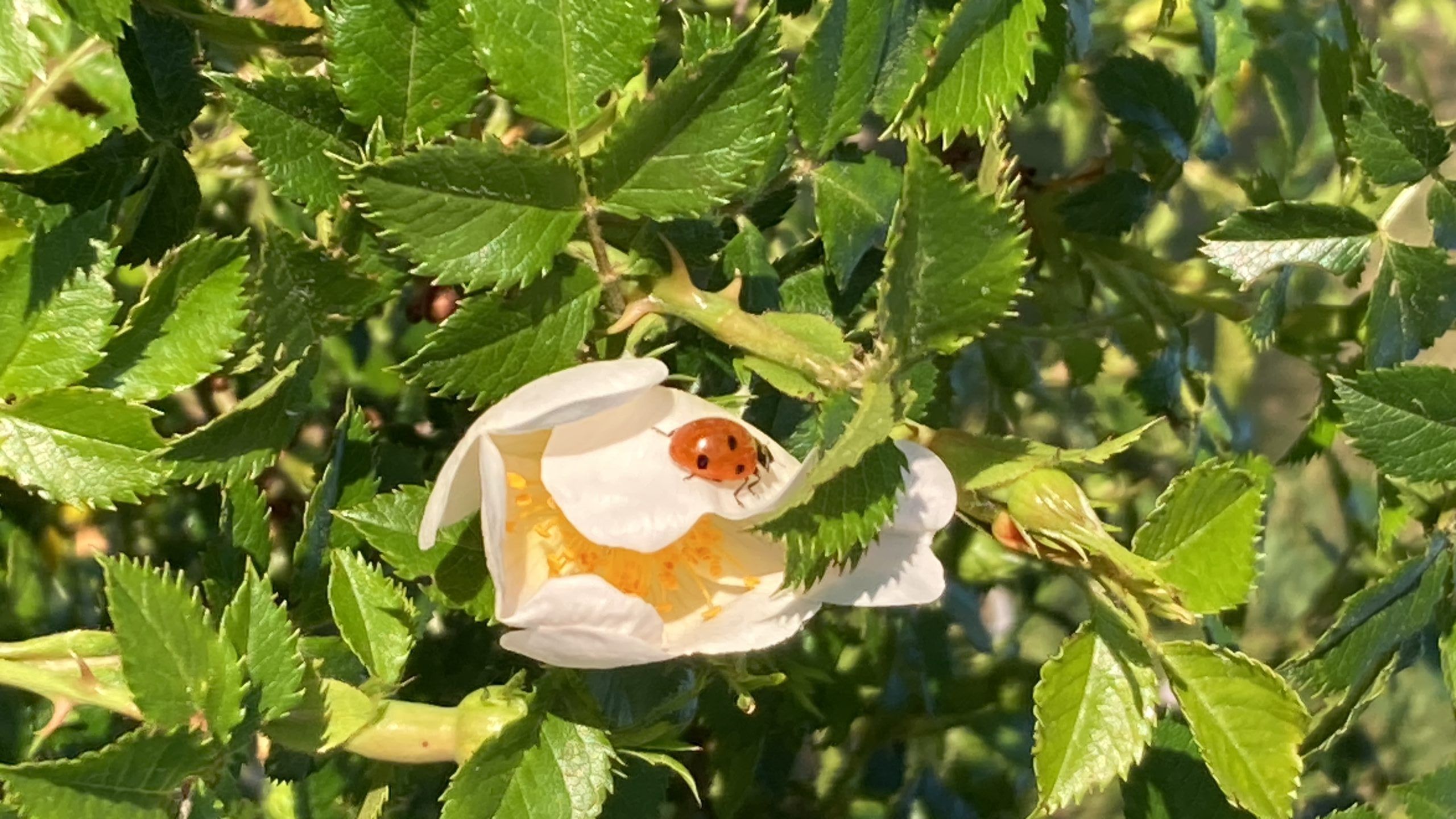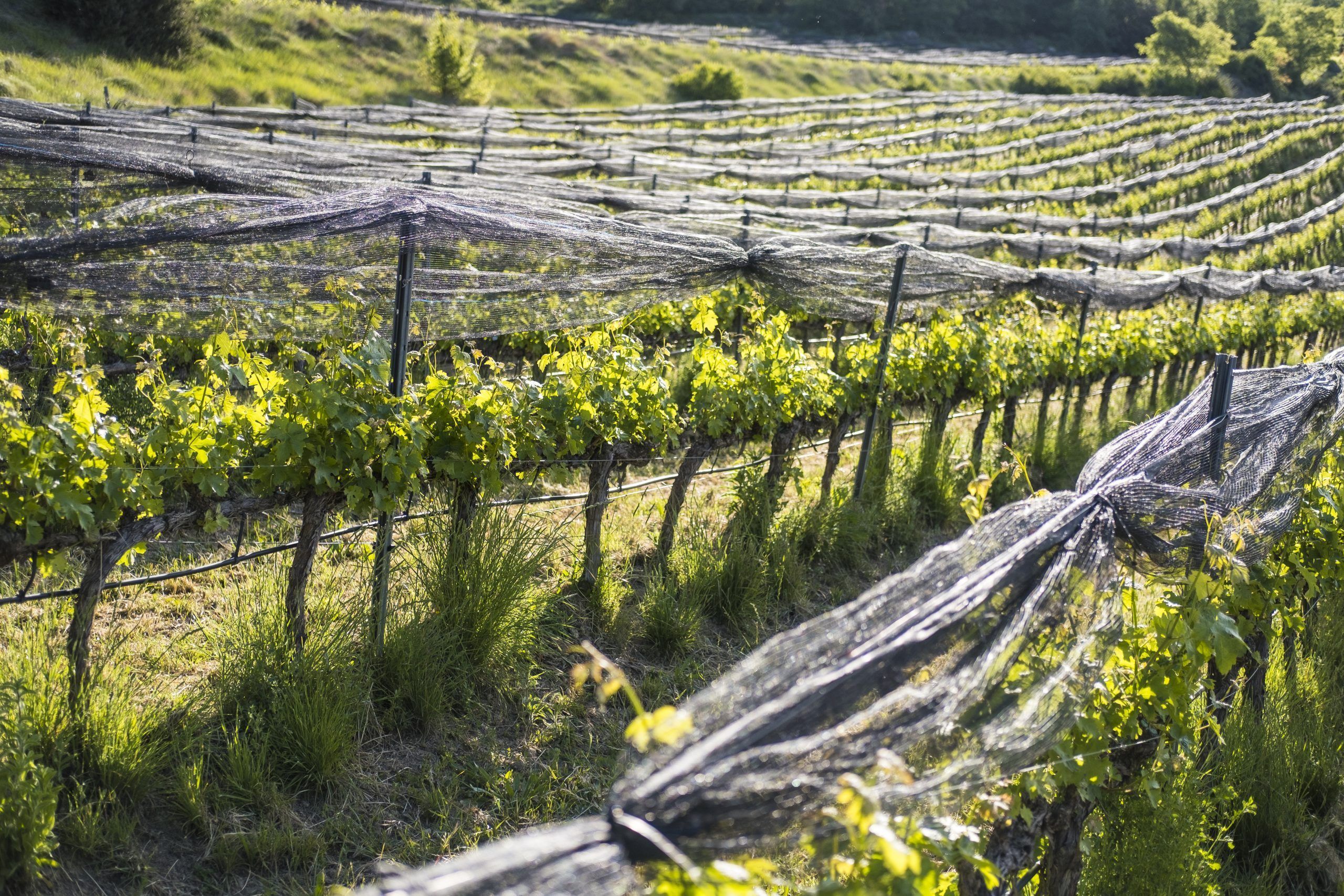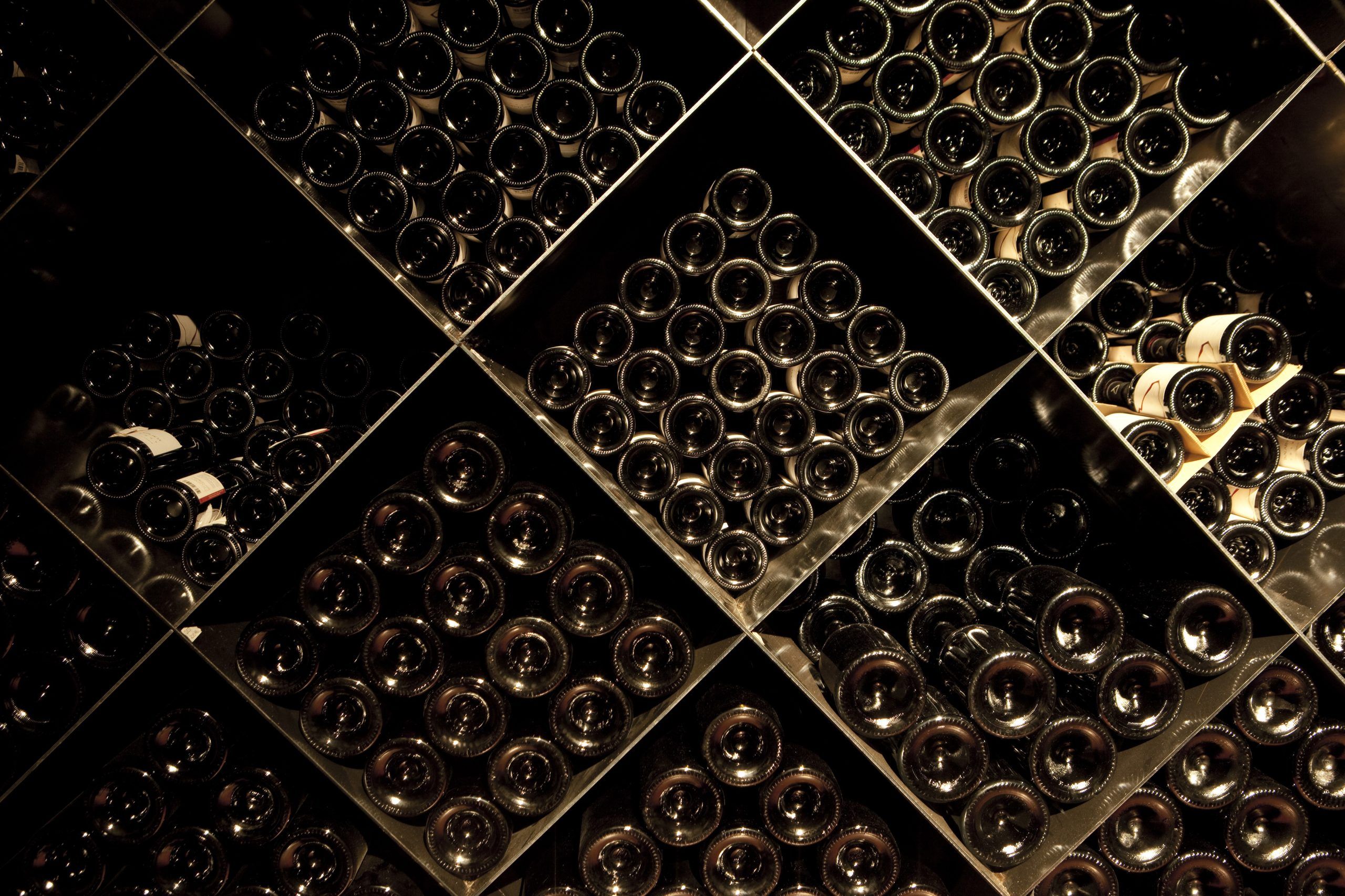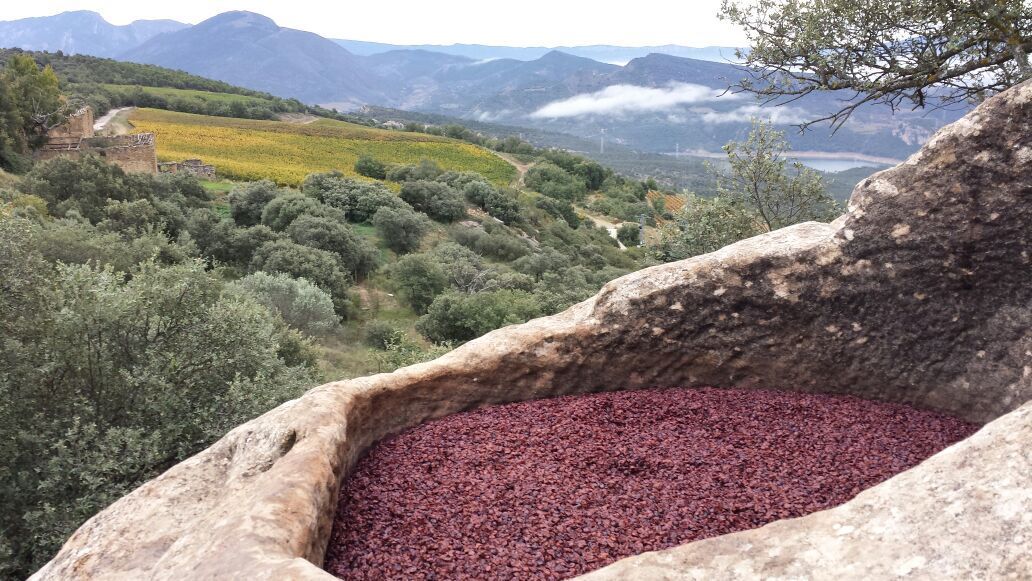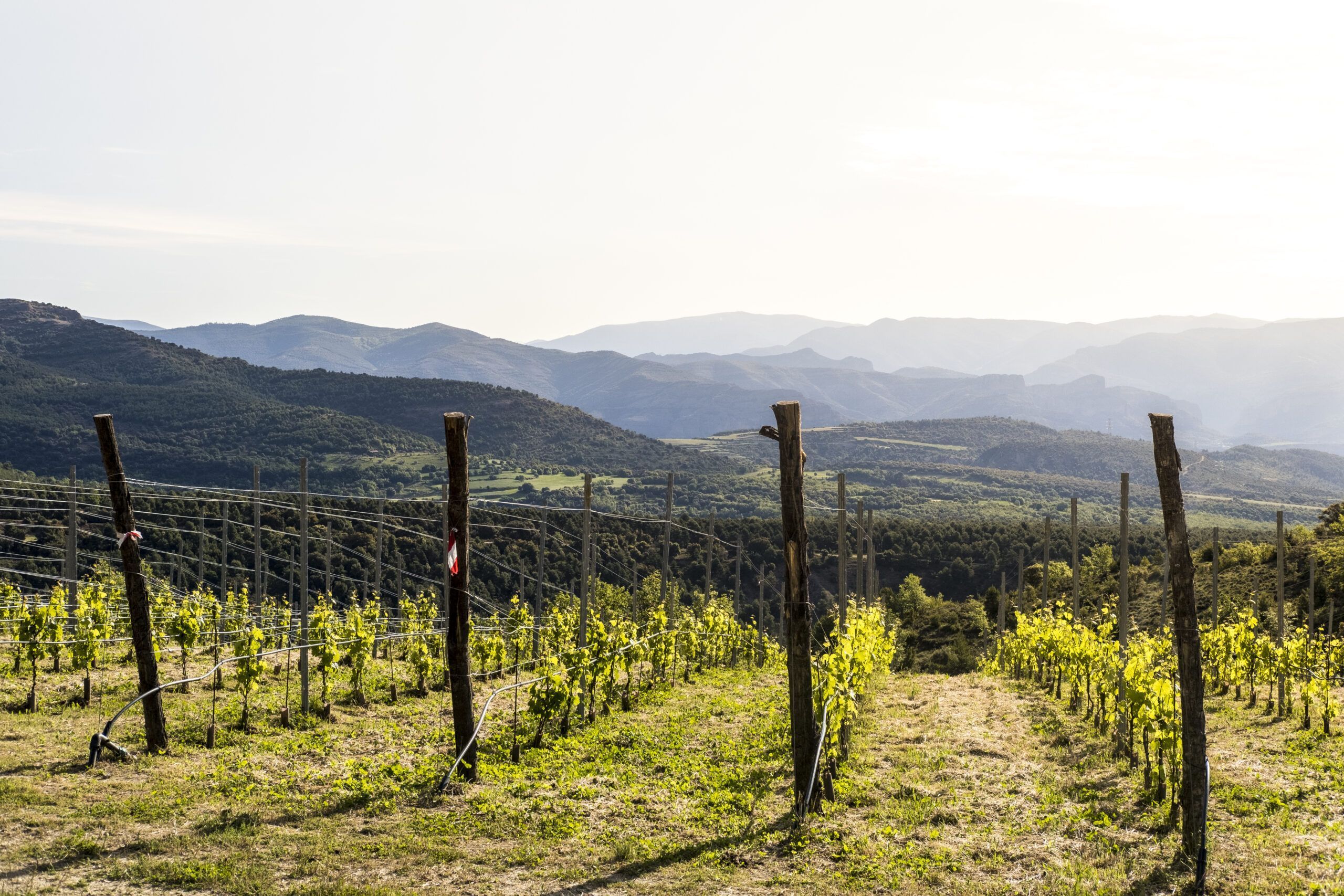PHILOSOPHY
Raül Bobet’s tribute
to the Pyrenean land
With vineyards located between 800 and 1.230 metres above sea level,
Castell d’Encus is the culmination of an ambitious process based on the search and improvement
to obtain fresh, fine, elegant, complex wines of exceptional quality.
Signature wines, the result of the craftsmanship of Raül Bobet.
Signature wines, the result of the craftsmanship of Raül Bobet.
PHILOSOPHY
Raül Bobet’s tribute
to the Pyrenean land
With vineyards located between 800 and 1.230 metres above sea level, Castell d’Encus is the culmination of an ambitious process based on the search and improvement to obtain fresh, fine, elegant, complex wines of exceptional quality.
Signature wines, the result of the craftsmanship of Raül Bobet.

The author and interpreter of the vineyard
RAÜL BOBET
Passionate about nature, culture, science and wine, Raül Bobet is the architect of Castell d’Encus.
His scientific approach provides him with the tools to understand how to get closer to this perfect ideal, both in the vineyard and during vinification and subsequent storage in the cellar.
He understands the processes chemically so he only intervenes when it is essential, following the philosophy of minimum intervention.
Research is an inherent part of his personality and he actively projects it into the day-to-day running of the winery with a view to continuous progress, on his never-ending path of perseverance towards excellence.
SUSTAINABILITY
Sustainability is a foundational value and one of the priorities of the winery. For Raül Bobet, sensitivity to sustainability is intrinsic, and from the outset he has been aware that due to climate change, it is necessary to seek high altitudes to achieve the wines he envisions.
The commitment to sustainability is clear from the very beginning with the installation of an active geothermal system beneath the vines, and also in the conception of the winery with its architecture that takes into account not only the materials but also the location and layout of the building itself.
Castell d’Encus comprises an estate of 93 ha, 29 of which are planted with vines. The Castell d’Encus Natural Microreserve project was born from the desire to give value to the entire estate. A microreserve is a biodiversity and heritage conservation project. Convinced that it will become a multiplying value, the Castell d’Encus Natural Microreserve combines excellence in winemaking in a mountainous area with the conservation of its surroundings and a commitment to the environment.
VINEYARDS
The essential factor in the choice of the Castell d’Encus estate to undertake the project was the climate, given its location, orientation and altitude. Castell d’Encus has estates in privileged locations between 800m and 1.230m, where exceptional wines are crafted: our own Castell d’Encus estate where the winery is located, as well as estates in Santa Engràcia and Astell (Vall Fosca) with more extreme climatic conditions and a marked singularity.
The vineyard is managed according to the principles of organic viticulture.
The varieties planted are Riesling, Albariño, Sauvignon Blanc, Semillon, Chardonnay, Chenin Blanc, Pinot Noir, Syrah, Cabernet Sauvignon, Cabernet Franc, Merlot, Petit Verdot and Grenache Noir.
WINE
Each wine has its own harmony. It is with this ambition that we work at Castell d’Encus to produce our wines. The different plots are vinified separately to maintain their unique character. This diversity allows us to produce the final blend; the chord that expresses the message of the wine in a precise and balanced way. A series of notes that form a melody and some chords that transform it into a composition.
HISTORY
The Castell d’Encus estate boasts a winemaking history dating back to the 12th century.
Located at the “gateway” to the Pyrenees, Castell d’Encus was a strategic geopolitical and agricultural site. Hospitaller monks of the Order of Saint John settled in these lands.
From their legacy, we have preserved nine stone vats dug out of the rock by hand. Of these, six are still used to ferment some of our wines, thus doing what we like most: harmonising history with technology and knowledge.
The stone vats are the ideal place to ferment the wines from wild yeasts.
The result of fermentation in rock and in the open air are our honest and genuine wines which literally capture the landscape.


